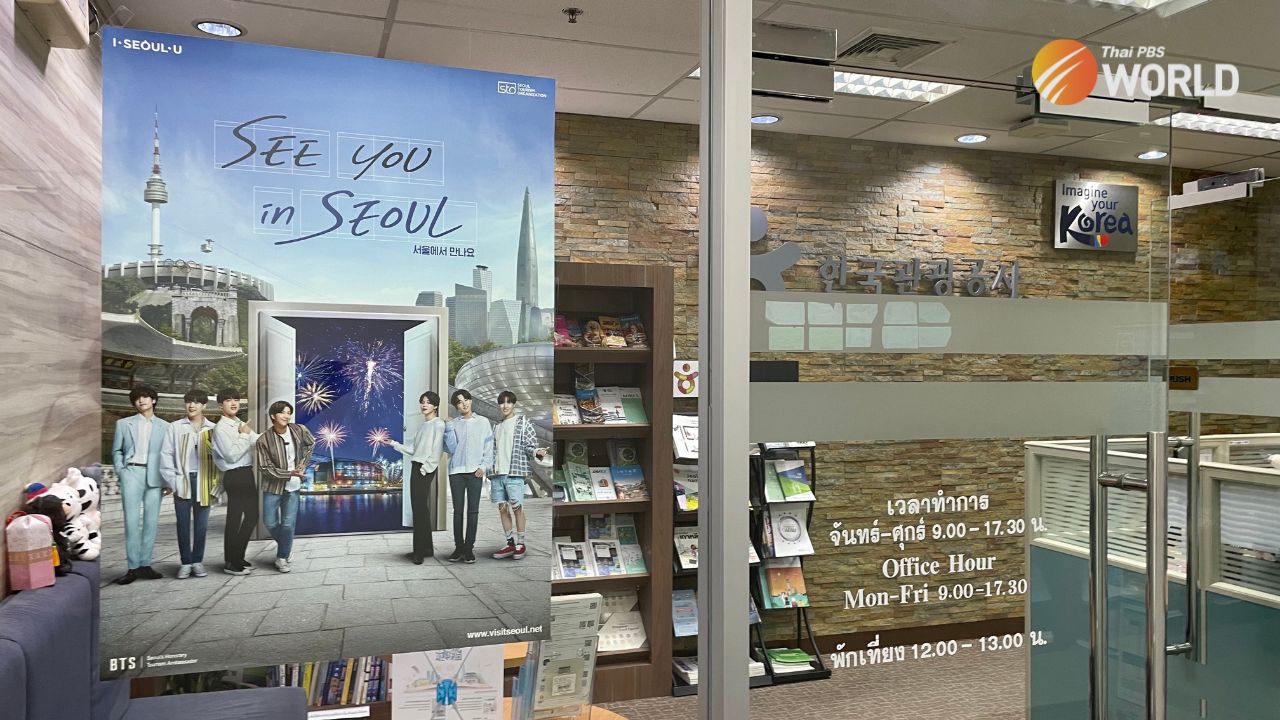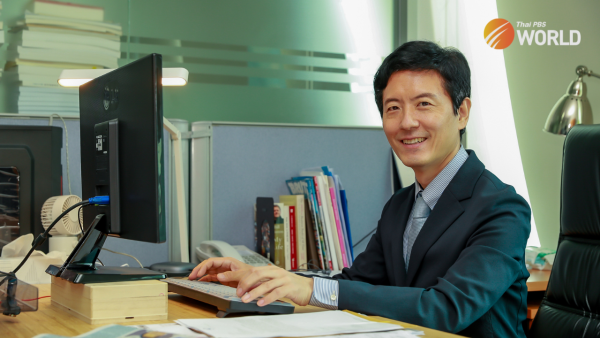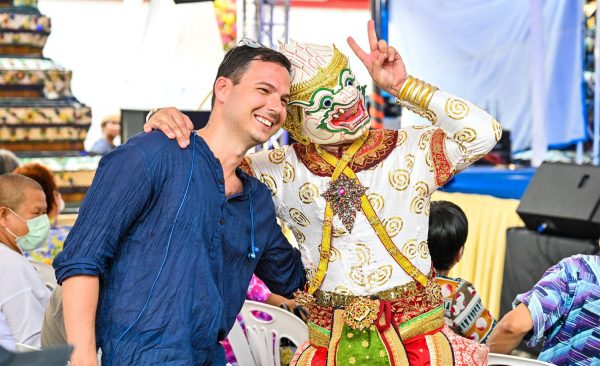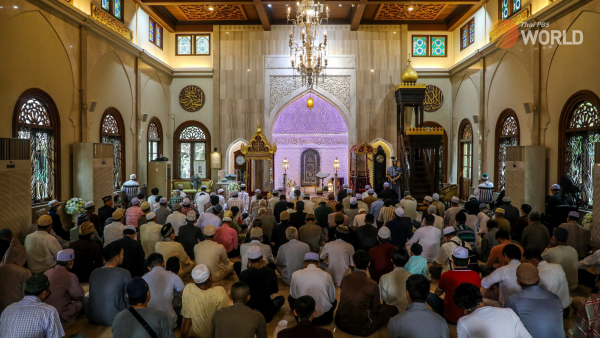South Korea and Thailand team up to drive tourism back to the boom times

Thailand and South Korea can add to their list of “things in common” their tourism industries, both of which are working to get back on track after COVID-19. Tourism exchanges between the two countries have been gaining momentum since the lifting of travel restrictions. While Thais top the number of tourists from Southeast Asian countries visiting South Korea, the Thai tourism body also expects to attract more than 1.3 million visitors from South Korea next year. The mutual goal of the two countries is future cooperation, with the two working closely to achieve that goal.
Thai PBS World talks to Yi Sangwoo, director of the Korea Tourism Organisation, about the plans put in place to promote tourism since the reopening of borders and the future cooperation between Thailand and South Korean governments.
What makes everything South Korean click? Why is it so appealing to Thais?
Our two countries came to discover each other’s culture in greater detail and through more visits. Korean people are fans of Thai food and love to travel to Thailand, some finding the charm of so-called T-pop (Thailand entertainment) irresistible. Likewise, Thais are into K-pop. We can see an increase in exchanges between the two countries and we are hoping to improve these through tourism. Of course, as someone working in the tourism industry, I am thankful to the Thais for their understanding and appreciation of Korean culture.
What is the main role of the Bangkok branch of the Korea Tourism Organisation (KTO)?
Our main role is to attract Thai tourists to Korea. Thailand was South Korea’s biggest tourism market in Southeast Asia before the COVID-19 pandemic. Almost 570,000 Thais traveled to South Korea and the country ranked 6th in the top nationalities of visitors. Since the borders re-opened, Thai tourists visiting South Korea have moved up to 2nd place. The Thai market is very important and our organization has a responsibility to take care of this market.
Established in 1982, the Bangkok KTO has 7 staff, 3 from headquarters and the other 4 hired locally. While South Korean staff love living here and enjoy Thai food, our local staff love Korean culture. They even go to South Korea on their private vacations. We have mutual respect. The backbone of our office is good teamwork. We are celebrating our 40th anniversary this year and we are happy because the tourism exchange has increased since we opened this office.
How was your work during the pandemic, and has it changed a lot following the outbreak?
This might be surprising, but we were actually as busy during the COVID-19 outbreak as we are today. There was no international travel but we never neglected the Thailand market. We tried to make the most out of the pandemic time, taking the chance to improve our digital transformation in terms of tourism marketing. So we’ve transformed our work and are preparing for the future. We’ve incorporated digital techniques such as using big data marketing and analysis for online promotions. We tried to keep the Thailand market afloat to prepare for the re-opening of borders. Now that they have, we can encourage Thai tourists to travel to South Korea physically too.

What are some of new attractions you would like to promote to Thai tourists?
The all-time favorite seasons for Thai tourists are still fall and winter. We think we could introduce K-culture tourism, such a K-pop experience where tourists can find facilities for K-pop dance classes and visit the spots where famous K-pop music videos were filmed. That would be exciting experience for fans.
In addition to that, we’d like to emphasize “local travel”, meaning visiting other cities and not just Seoul. There are many international airports which are serviced by direct flights from Bangkok such as Busan, Daegu and Jeju.
There are many destinations that have the potential to become big hits. When the borders closed, cities like Daegu and Busan saw many new cafés, restaurants and shopping places open and they are popular with the locals. Thai tourists and especially youngsters can find hip or fashionable hangouts in these cities.
When will tourism from Thailand recover?
There is still the risk of contracting coronavirus. Traveling costs have increased worldwide due to various reasons such as surging fuel prices. These factors have made the demand for outbound traffic from Thailand unstable. We need to be patient and wait for a full recovery but we’ll try to speed up in the near future.
That said, the indicators are good and we have high hopes for next year. In addition, we can share some good news. Our two governments are going to announce 2023-2024 as Thailand-Korean visit years in order to increase tourism between the two countries. We are getting set to sign the MoU in November. Over these two years, there will be many projects to encourage people to visit each other’s countries. Basically, we both agree that we will appoint a very famous face to be an ambassador for the Thailand-Korea years.
Are you concerned about the problem caused by illegal Thai workers in South Korea?
No. We try to separate these two matters. Illegal workers are one thing and tourists are another matter. We try to accommodate Thai travelers so they are not affected by the illegal workers issues. When the borders reopened we launched “big welcome to Korea” campaigns for Thai travelers.
We’ve hosted big events in shopping malls in Bangkok – at CentralWorld in May and Future Park Rangsit in August. Our Vice Minister of the Tourism Ministry and the Vice President of the Korean Travel organization attended the event at Future Park Rangsit. The fairs featured K-pop dance, ambassador talk shows, and promotion booths manned by airlines and regional governments promoting South Korea to Thai consumers. This is how we have chosen to send a welcome message to Thai people so they don’t feel affected by the illegal workers issue.
By Veena Thoopkrajae






